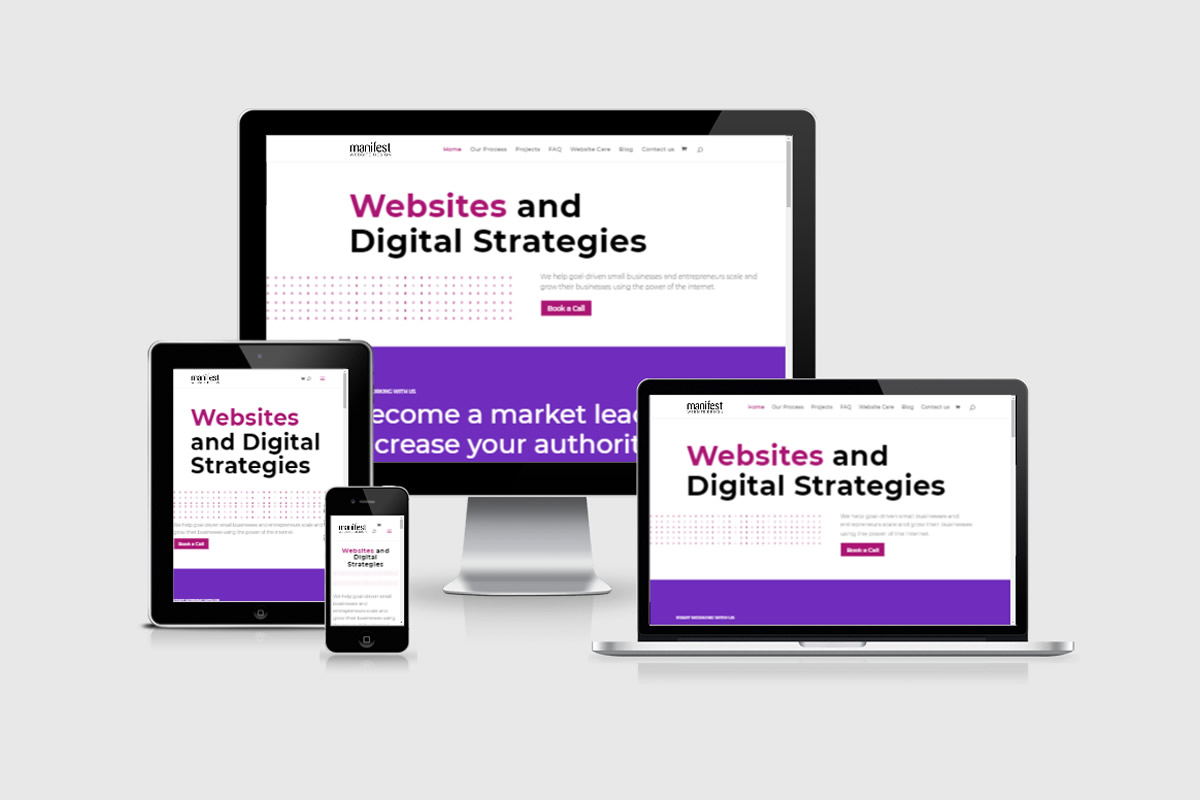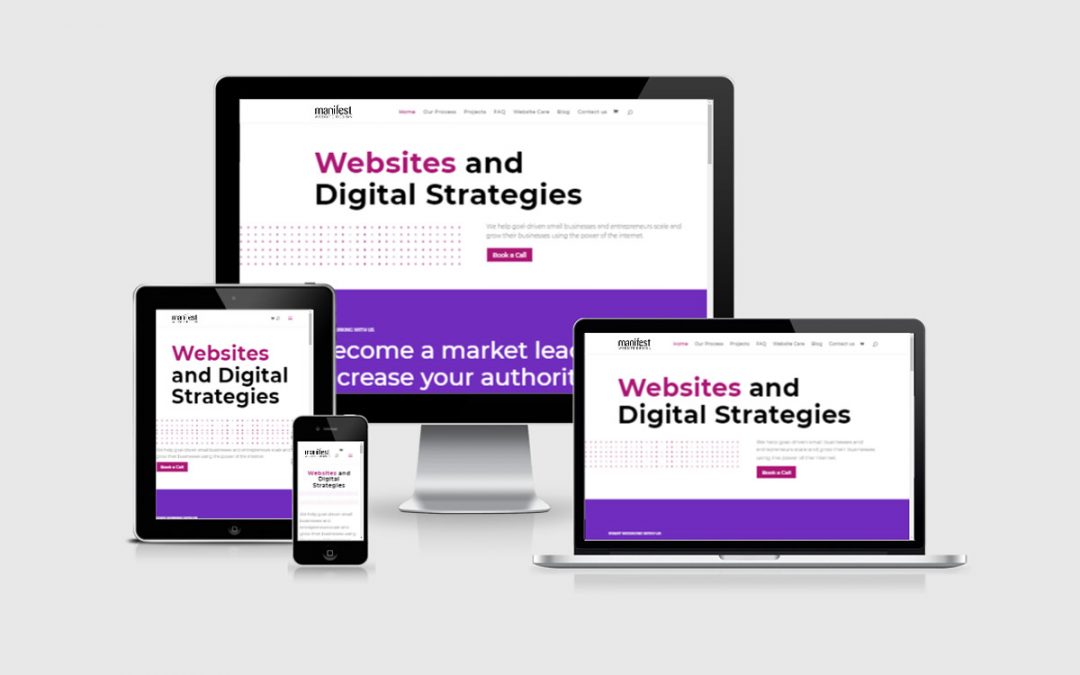Mobile Friendly Websites increase sales

Mobile friendly websites can increase engagement and actually increase sales.
Mobile friendly means the website is responsive. The website expands and contracts based on the screen you are viewing it from. The images, scripts, menus, and resolution automatically switch between devices to give the users a seamless user experience.
If a website does not ‘respond’ to the device, then links can be hard to find or impossible to click. Ever had that ‘fat finger’ moment, when you just cannot get a link to work on your phone?
A lot of visitors will get impatient, and give up and go somewhere else if they cannot move around your site easily.
First impressions are important. 57% of visitors leave a page if it takes longer than 3 seconds to load! This means that improving their first impression with your website is very important. Not only for credibility but for customer engagement.
A well-designed website should perform well on a mobile device. It will look and feel different to how the site appears on a larger screen.
6 Tips to improve your site
1. Removing visual clutter strips back your website to be more appealing and more comfortable to use.
2. Limit the information to the essential texts such as logo, sign-in, cart, navigation, and CTA.
3. Forms should be shorter to reduce typing
4. Use spaces to divide elements instead of lines
5. Reduce image sized to fit the screen
6. Do not use pop-ups
To check your website, go to ami.responsivedesign.is and put your web address in the form field and press GO!
If people are leaving your site, you are missing out on sales and or potential new business.
Recent Post
You don’t need to learn AI. You need to understand where it fits in your business.
Most NSW business owners don’t need an “AI course”. They need a practical plan that shows where AI fits, what to fix first (process, data, privacy), and how to measure ROI so you’re not paying for experiments that go nowhere.
If you’re feeling behind, you’re not alone. The AI conversation moves fast.
How to improve your website’s SEO with local web design services in Bowral (and the Southern Highlands)
Local web design improves SEO when it’s built to send clear service + location signals Loads fast on mobile, and makes it easy for people to call or book.
In short: the right design is not “pretty pages.” It’s a lead system that Google understands and customers trust.
How can I improve my website’s SEO with local web design services in the Southern Highlands?
Local web design can support stronger SEO by fixing technical issues that slow your site down or make it harder for Google and AI tools to interpret, structuring your pages so your services and service area are clear at a glance, strengthening local trust signals through your Google Business Profile, reviews, and consistent contact details, and creating content that answers the exact questions locals ask right before they pick up the phone.
What Is an LLM in AI? A Complete Guide to Large Language Models
Artificial intelligence has evolved rapidly in recent years, and one of the biggest breakthroughs is the rise of large language models, or LLMs. These advanced systems power the chatbots, content generators, coding assistants, and search tools that have quickly become part of everyday life.
How to Rank #1 for “Painter Near Me” Searches in Your Area
When a homeowner needs their house painted, the first thing they do is grab their phone and type “painter near me” into Google. Within seconds, they’re shown a handful of local painting businesses, and if your business isn’t in that top pack, you’re likely missing out on the majority of enquiries.
How AI Is Transforming Modern Marketing Strategies
Artificial Intelligence (AI) is reshaping how marketing works, especially for small to mid-sized businesses across Australia. If you’ve been wondering how AI is being used in marketing, the answer goes far beyond just automation or chatbots.
What Are SEO Services for Contractors and Why Do They Matter?
If you’re a contractor in Australia, chances are most of your new customers start their search online. Whether they’re looking for a builder, electrician, or plumber, the first thing they’ll do is type it into Google or, increasingly, into AI-powered search tools.
SEO for Tradies: The Complete Guide to Getting Found Online
If you’re a tradie, chances are most of your customers are already searching for services online. But with so much competition, how do you make sure they find you first? That’s where SEO comes in.
The Evolution of Search: How AI Is Impacting SEO Strategies
A few years back, ranking on Google was pretty straightforward. You added the right keywords, built a few links, and your site could climb the ladder. Today? Search looks completely different. With Google rolling out AI Overviews and generative search tools, the way people find businesses is shifting fast.
Top Industries Most Affected by SEO AI Overviews
Word-of-mouth is still gold, but Google is where customers start. And here’s the kicker — AI is now changing the way Google shows results. With SEO AI Overviews rolling out, some industries are losing traffic overnight while others are learning how to adapt and even get ahead.
Hot Tip
Learn how to use this one tip to rank better in Google

